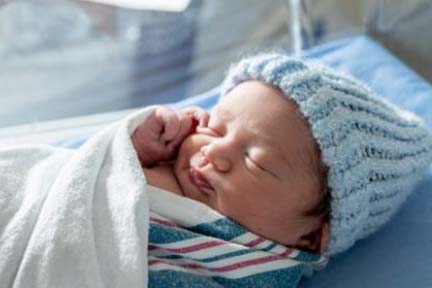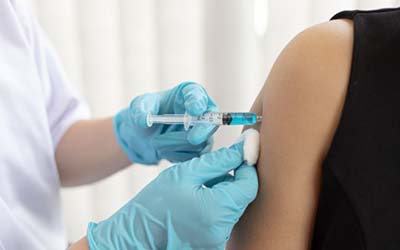
10 years of screening newborns for heart disease
Press Release FOR IMMEDIATE RELEASE: April 1, 2024 CONTACT: Lynn Sutfin, 517-241-2112, [email protected] MDHHS commemorates 10 years of screening LANSING, Mich. – Since April 1, 2014, approximately 982,000 babies have been screened for critical congenital heart disease (CCHD) through the Michigan Department of Health and Human Service (MDHHS) Newborn Screening Program, allowing for timely treatment of a potentially fatal birth defect. According to the Centers for Disease Control and Prevention, CCHDs are one of the most significant causes of infant death in the United States. Every Michigan newborn is screened shortly after birth for more than 50 different disorders through the state’s Newborn Screening Program. In addition to blood spot screening, additional tests for CCHD and a hearing screening are preformed prior to discharge. A simple non-invasive test, called pulse oximetry, measures the amount of oxygen in the blood and helps detect CCHD in newborns. CCHDs may require surgery or catheter intervention in the first year of life. “Michigan’s newborn screening program is designed to quickly diagnose babies who may look healthy but have rare and often serious disorders that require early treatment,” said Dr. Natasha Bagdasarian, chief medical executive. “Failure to detect these conditions can put a baby at risk for death or other serious complications within the first few days or weeks of life. Being able to identify conditions such as critical congenital heart disease allows for early interventions and healthier outcomes.” As a result of screening, more than 30 babies have been diagnosed with a CCHD and more than 70 babies have been diagnosed with secondary conditions including hemoglobinopathy, hypothermia, infection, lung disease, noncritical congenital heart defect, persistent pulmonary hypertension and other hypoxemic conditions. Congenital heart defects are the most common group of birth defects, affecting nearly 1% of births per year in the United States. About one in four babies have a critical congenital heart defect requiring immediate intervention. For more information about CCHD, visit Michigan.gov/cchd. |




